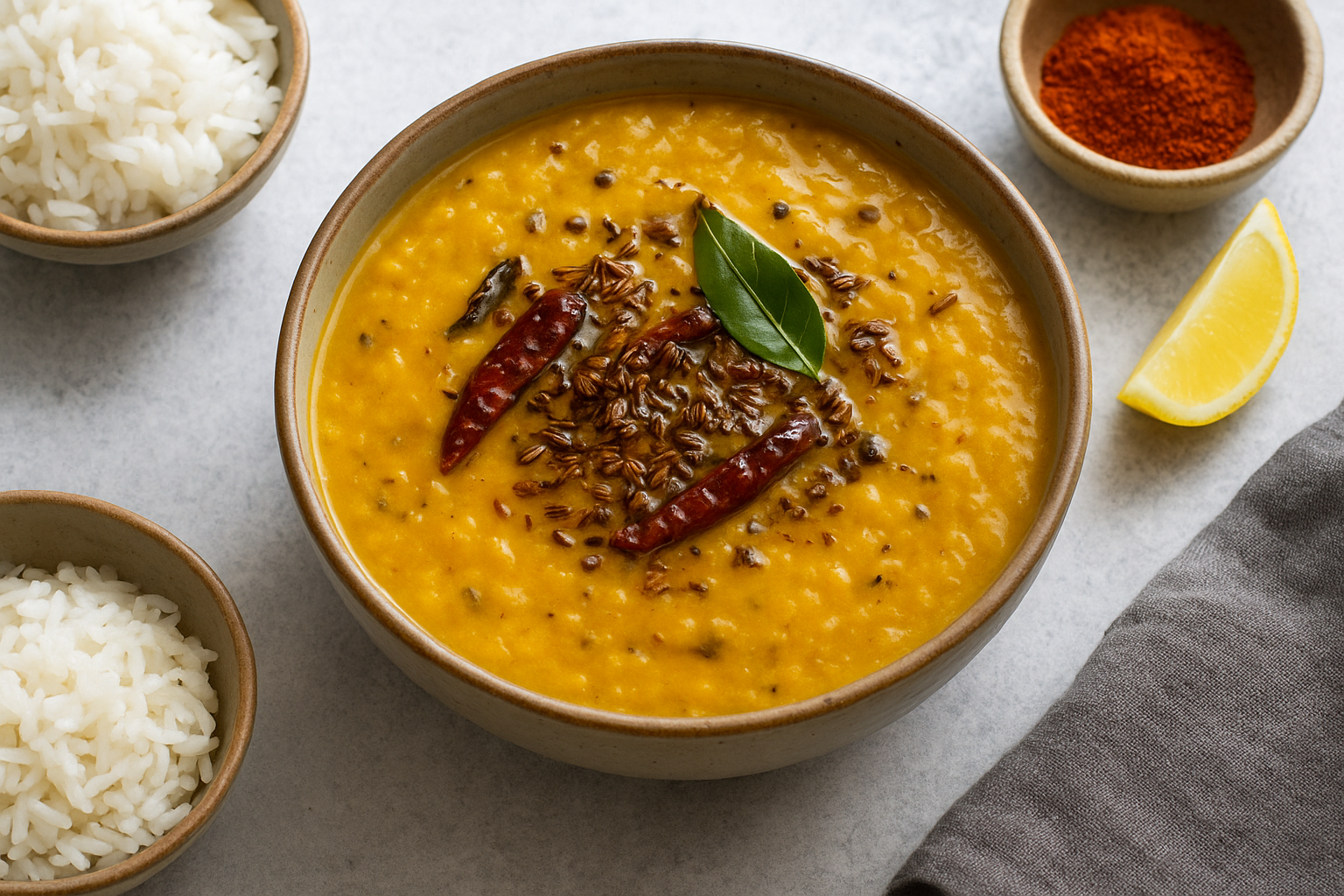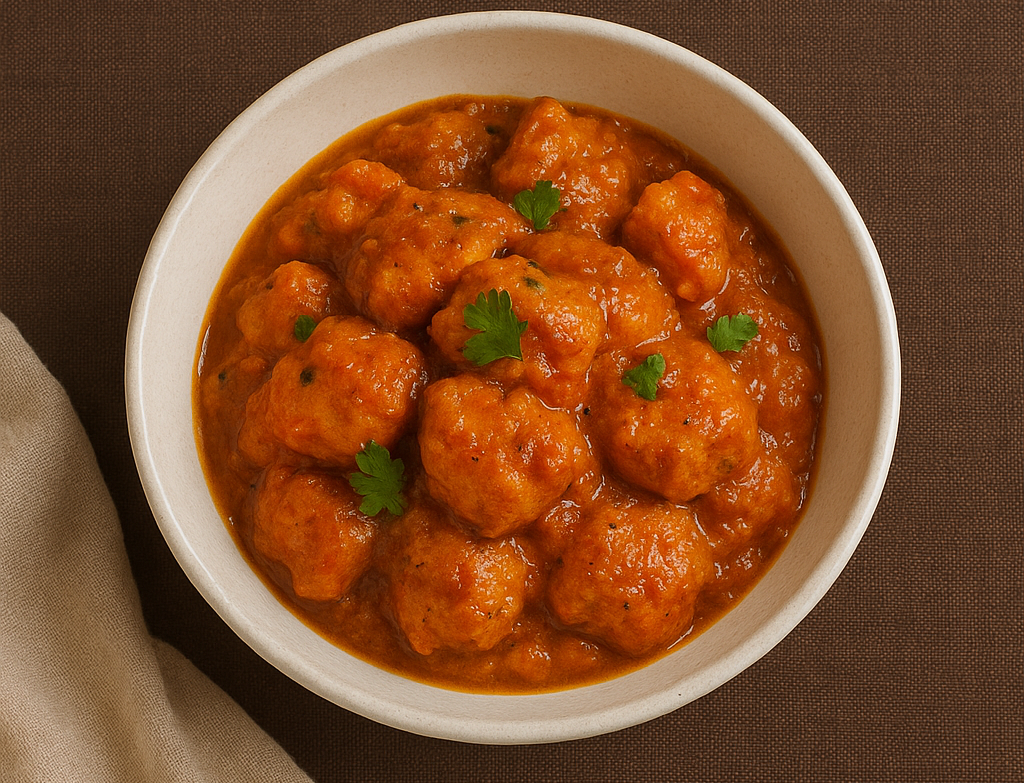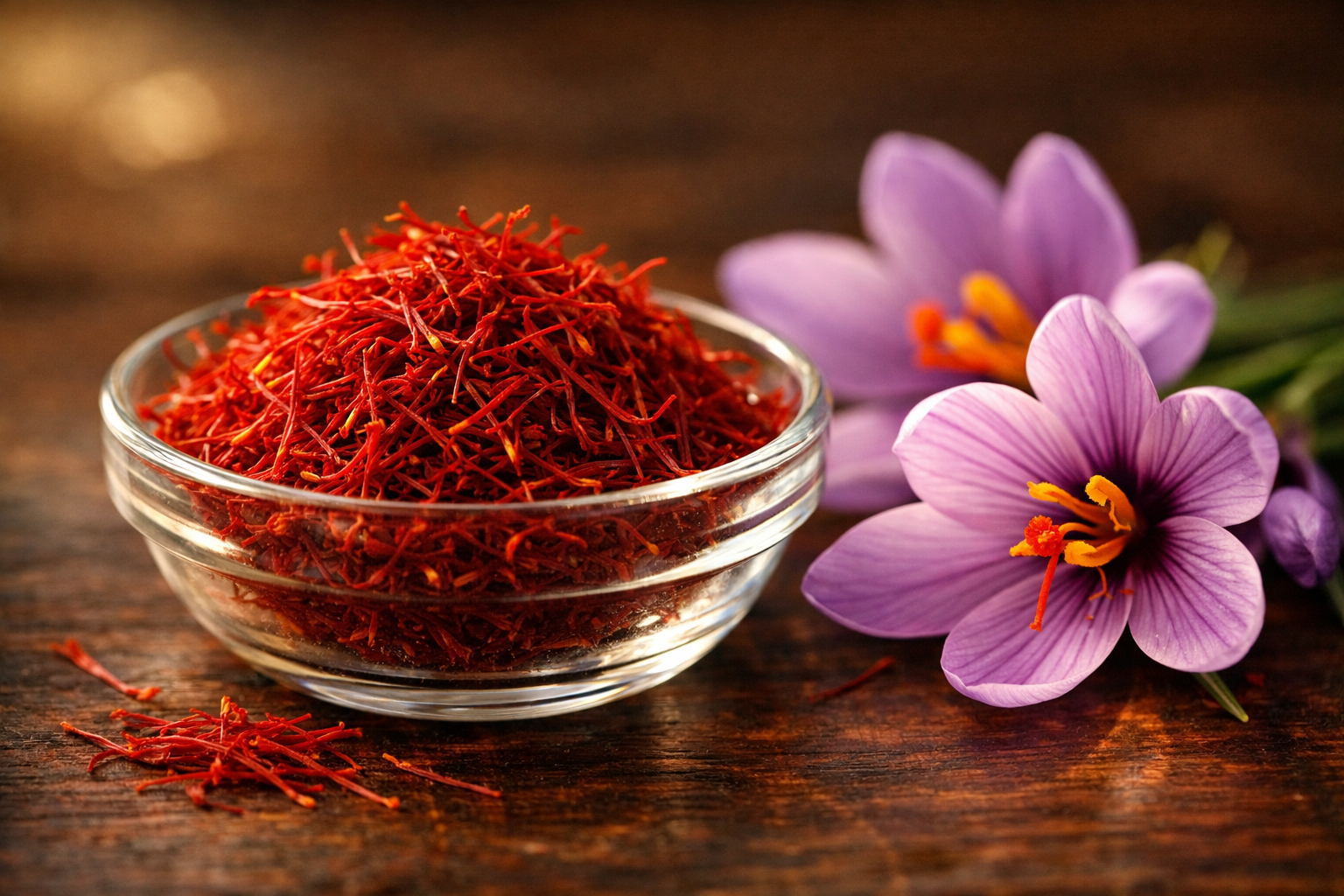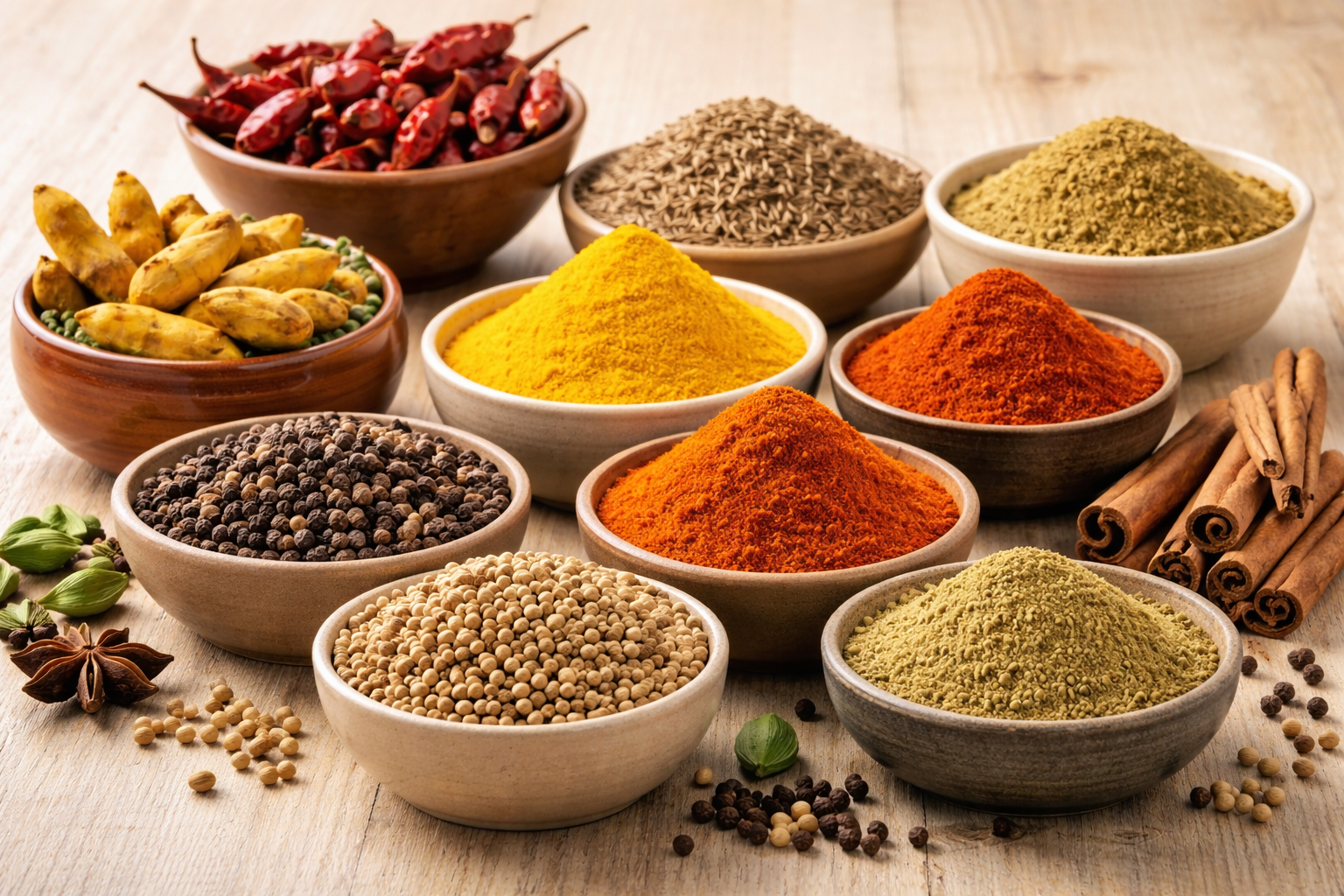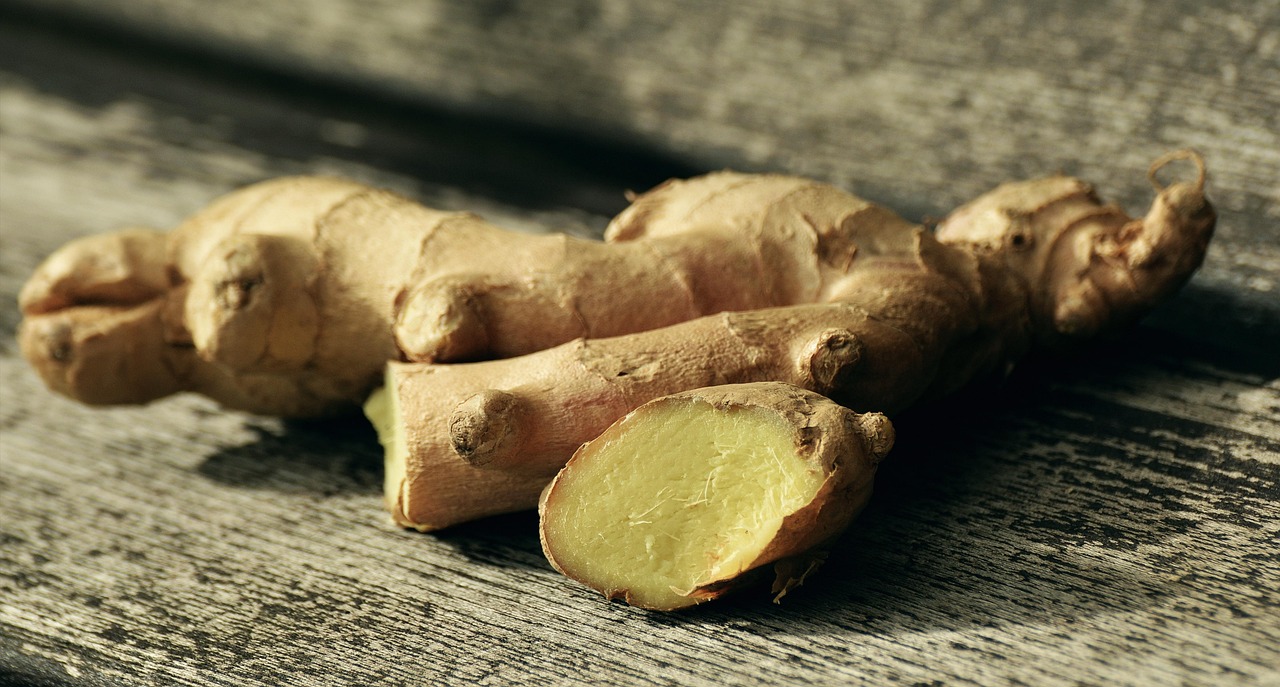Without Mishti Doi and Rasgulla no celebration in Bengal is complete. These two iconic desserts have transcended borders to become global sweet sensations. Whether served at weddings, festivals, or after a spicy Bengali meal, their richness and authenticity offer a taste of Bengal’s soul. Let’s dive into their history, taste profile, popularity, and how you can make them at home.
Origin & Invention: Where It All Began
Mishti Doi: The Sweet Curd of Bengal
Mishti Doi (meaning “sweet curd”) is a traditional Bengali dessert made by fermenting sweetened milk. Its roots trace back to Nadia and Bardhaman districts of West Bengal, with mentions even in ancient temple food offerings. Sweet shops like Bhim Chandra Nag and Putiram helped popularize it across Kolkata.
Rasgulla (Roshogolla): Born in Bengal, Loved by All
Though Odisha and Bengal both claim its invention, modern Rasgulla as we know it was perfected by Nobin Chandra Das in Kolkata in the 1860s. He innovated the art of boiling chenna balls in sugar syrup to create a soft, spongy, juicy delight.
Taste & Texture: Why Everyone Loves Them
🍶 Mishti Doi:
- Thick, creamy, caramel-like flavor
- Made by reducing milk and adding jaggery or sugar
- Lightly tangy due to fermentation, with a mellow sweetness
- Traditionally served chilled in earthen pots that enhance the texture
🍥 Rasgulla:
- Soft, spongy, and juicy
- Mildly sweet but incredibly satisfying
- Absorbs sugar syrup yet remains light on the palate
- Often served at room temperature or chilled
Popularity Across India & the World
- Both desserts are exported and now available worldwide, especially in Bengali restaurants abroad
- Featured in wedding desserts, Diwali sweets, Durga Puja menus, and as festive gifts
- Mishti Doi has gained a health-conscious following due to its probiotic properties
- Rasgulla has been included in space missions and world records!
Ingredients
Mishti Doi:
- Full-fat milk
- Sugar or jaggery (nolen gur for authentic flavor)
- Yogurt culture (or a spoon of curd)
- Optional: cardamom, saffron
Rasgulla:
- Full-fat milk
- Lemon juice or vinegar (to curdle the milk)
- Water
- Sugar
- Rose water or kewra essence (optional)
How to Make Mishti Doi & Rasgulla at Home
Mishti Doi Recipe (Traditional Style)
- Boil milk till it reduces to half.
- Add caramelized sugar or jaggery and mix well.
- Let the milk cool to lukewarm.
- Add a spoonful of curd/yogurt and mix.
- Pour into clay pots, cover, and allow it to set overnight.
- Refrigerate before serving.
Rasgulla Recipe (Classic Bengali Style)
- Boil milk and curdle with lemon juice.
- Drain chenna, knead until smooth and soft.
- Make small balls.
- Boil in thin sugar syrup (1:4 sugar-to-water ratio) for 15–20 mins.
- Let it cool and soak for hours before serving.
Cultural Significance
- Mishti Doi is a must-offering during Durga Puja, Saraswati Puja, and Bengali weddings.
- Rasgulla is a symbol of hospitality and sweetness in Bengali households.
- Rasgulla Day (July 30) is now celebrated in West Bengal to honor its invention.
- Bengali mothers-in-law traditionally greet new brides with a bowl of Mishti Doi for good luck.
Tips & Variations
- Use nolen gur (date palm jaggery) in winter for a richer Mishti Doi flavor.
- Add saffron or rose essence to Rasgulla syrup for a gourmet touch.
- Try baked Mishti Doi as a fusion dessert.
- Make Rasgulla Payesh (dessert with milk and rasgullas) for special occasions.
Where to Try the Best Mishti Doi & Rasgulla in Kolkata
- Bhim Chandra Nag – Inventors of the modern Rasgulla
- Putiram & Mithai – Famous for rich Mishti Doi
- Nobin Chandra Das, Bagbazar – Birthplace of Rasgulla
- Balaram Mullick & Radharaman Mullick – Known for fusion versions
Conclusion
If you’re exploring Indian desserts, Mishti Doi and Rasgulla are unmissable. They’re not just sweets—they’re part of Bengal’s identity. Whether you’re indulging in a homemade version or trying it at an old Kolkata sweet shop, these dishes will leave your taste buds and heart completely satisfied.
Perfect for festivals, dinner parties, or everyday cravings, these classics are simple, soulful, and simply divine.
